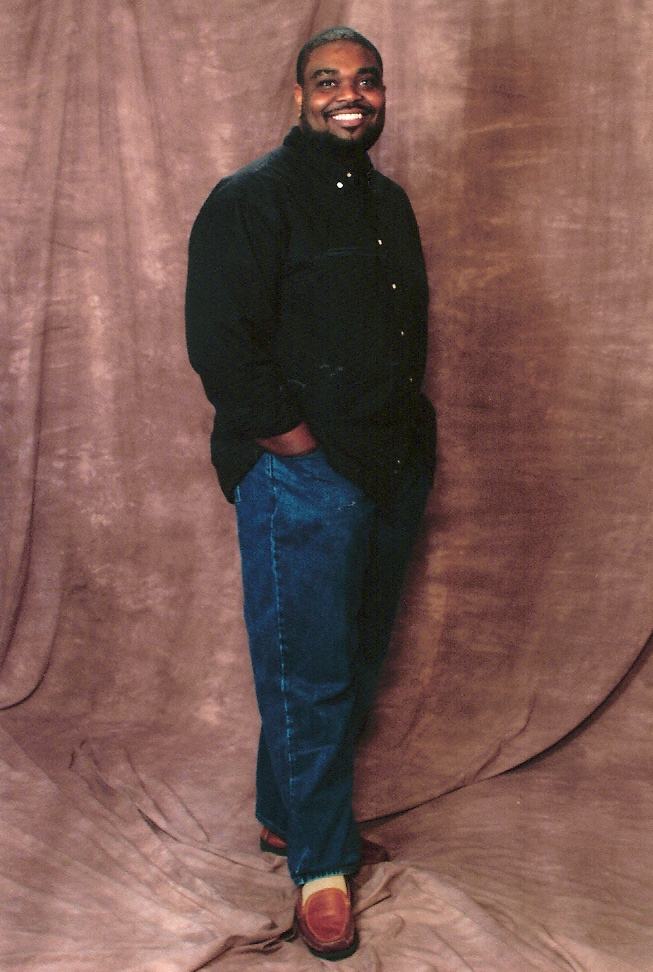As usual, I have been thinking and reading about some things that are bound to get me in trouble. Much of my thinking and reading lately has centered on the church: her mission, the means, her purpose, her dying and ways she can thrive. I have come to realize that church must be more engaging of culture, more relevant to people's lives, more preoccupied with the Biblical text than propriety, more relational and more embracing of the elements of post-modernism that will help her reach into culture and draw people to Christ, and how she can loosen the strangle-hold that modernity has put on her.
Recently, I read these words from Brian D. McLaren's book, A New Kind of Christian.
"...our whole approach to Christianity is so conditioned by modernity. What do we think of when we think of theology? We think in Latinate terms like omnipotence, omnipresence, and immutability. We think of an analytical outline, where theology is divided up into many other "ologies": soteriology, hamartiology, eschatology, and so on. It's a dissection of God--a "theosection." It strikes me how rare these kinds of words, outlines, and dissective ways of thinking are in the Bible, which preoccupies itself with earthly stories rather than airy abstractions, wild poetry rather than tidy systems, personal and contextual letters rather than timeless, absolute pronouncements or propositions. I have often wondered, Why doesn't the Bible consist of an ordered schema, like the average curriculum of a seminary? Of course, I'm not against our systematic theologies. I'm beginning to see them an artifact of worship from the modern era, no less sincere or magnificent than medieval cathedrals--in fact, you could call them modern conceptual cathedrals. Rather than condemning, I am simply noticing that out systematic theologies are themselves a modern phenomenon. Medieval theologians had different questions, concerns, and approaches; so did ancient ones and biblical writers and characters."
Monday, August 09, 2004
Subscribe to:
Comments (Atom)
